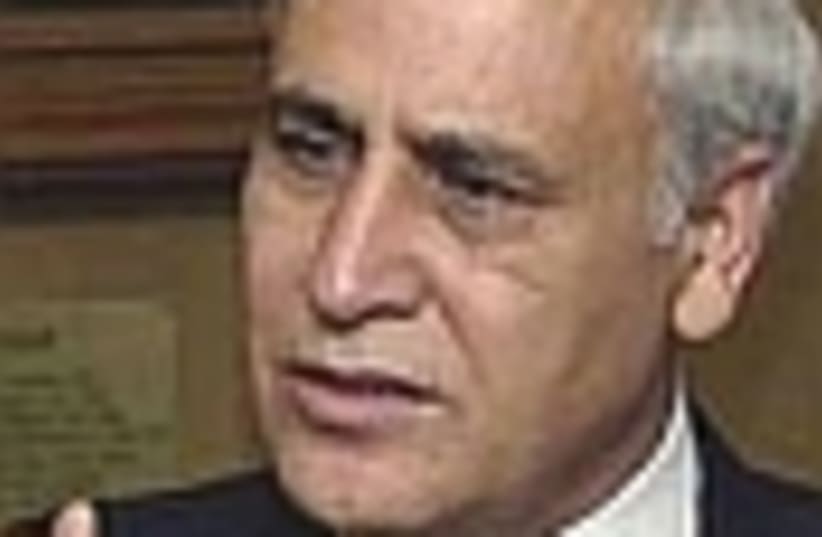| More about: | Moshe Katsav, Walter Kasper, Pope John Paul II, Pope John XXIII |
Katsav, papal official deny 'site swap'
Vatican newspaper reports Katsav expected to sign agreement to give church control over upper part of David's Tomb.


| More about: | Moshe Katsav, Walter Kasper, Pope John Paul II, Pope John XXIII |